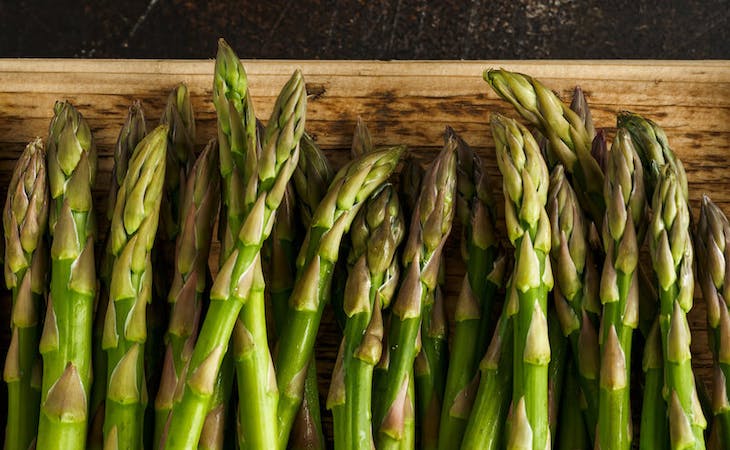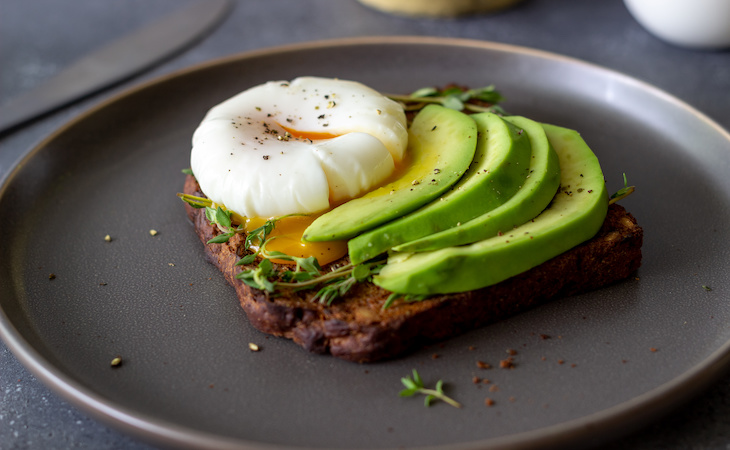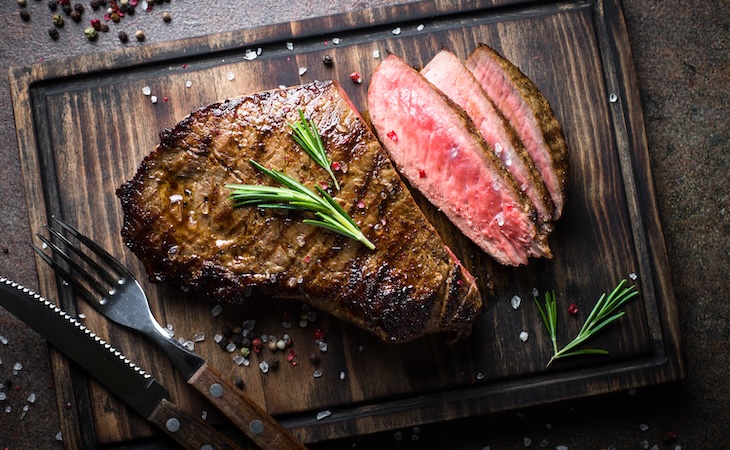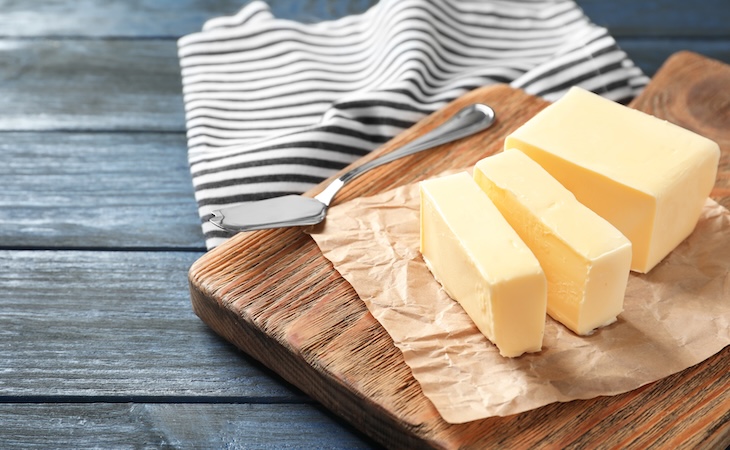One of the greatest threats to a good night’s sleep is stress. If you’re super-stressed and struggling to get the quality shut-eye you need, you might have an unexpected ally in your diet already: a type of fiber known as prebiotics.
A recent animal study published in the journal Scientific Reports shows that prebiotics may help boost your ability to bounce back from stress and improve your sleep quality thanks to their effect on gut bacteria and the metabolites (powerful molecules) they produce.
For the study, researchers fed rats either plain food or food infused with prebiotics. The rats who ate prebiotics spent more time in restorative, deep sleep (known as non-rapid-eye-movement, or NREM, sleep) and, after experiencing stress, more time in rapid-eye-movement (REM) sleep, the sleep stage believed to be key for stress recovery. The rats who ate their usual food without prebiotics, on the other hand, experienced a dip in gut health after exposure to the same stressor.
Why? Rats on the prebiotic diet had dozens more metabolites, which are known to influence the brain and behavior through the gut-brain axis—a constant line of communication between about 100 trillion microorganisms in your “gut microbiome” and your brain. While rats that didn’t eat prebiotics saw a spike in sleep-disrupting metabolites, those on the prebiotic diet seemed to have a buffer against stress and disrupted sleep alike, potentially due to their “metabolome,” or unique collection of metabolites.
Of course, this study looked at rats, not humans. So, what do we know about how prebiotics might work in our bodies? Read on to learn more.
What are prebiotics—and what are their health benefits?
Not to be confused with probiotics (the beneficial bacteria found in fermented foods like sauerkraut, yogurt, and kefir), prebiotics are a type of fiber your body doesn’t digest. Instead, as they pass through your digestive system, they feed your gut microbiome (again, the trillions of microorganisms that regularly communicate with your brain).
“The science around prebiotics and their benefits for a good night’s sleep is in its infancy,” notes Kara Landau, RD, New York City-based registered dietitian and founder of Uplift Food. “But prebiotics are known to help fight inflammation, and reductions in inflammation are associated with an improved mood, calmness, and as we’re finding from new studies, better sleep.”
Recent research suggests there are a plethora of potential pros that come with eating more prebiotics, and human studies are working their way through the pipeline now. Because prebiotics support health-promoting gut bacteria and the integrity of your gut lining, they could help improve your digestion (warding off diarrhea and constipation) and boost your body’s ability to absorb essential nutrients like calcium and magnesium, says Landau.
Prebiotics may also help improve your mental health, lower your cholesterol, support a healthy immune system, and prevent and treat chronic conditions such as diabetes, heart disease, irritable bowel disease, and colon cancer.
But can eating more prebiotics or taking a supplement actually help you de-stress and get a better night’s sleep? Because this is an emerging field of study, more research is needed. Here’s what we know so far.
Can prebiotics improve your sleep?
In light of these recent findings, you might be tempted to add a few new foods that are high in prebiotics to your grocery cart, like green bananas and Jerusalem artichokes.
However, it’s not clear yet whether chowing down on prebiotics can help lower your stress levels so you can get you the Z’s you really need. Depending on your individual gut microbiome, different types of prebiotics (even in supplement form) may or may not make a difference, according to researchers.
In the meantime? “I would recommend including a wide range of fibers in your diet, including prebiotics and other fibers, such as those found in whole grains, beans, fruits, seeds, nuts, and vegetables,” says Sharon Palmer, RD, author of The Plant-Powered Diet. “We know these are healthful for your whole body.”
How do I eat more prebiotic foods?
Here, a few ways to add more prebiotic foods to your plate for a happy and healthy gut—and potentially better sleep.
Start your day with oatmeal
Whole grain oats are rich in prebiotics, with about 8 grams of fiber in half a cup. For a healthy breakfast, top overnight oats with nuts (like almonds, cashews, pecans, or pistachios), another great source of prebiotics, says Landau. Other popular toppings like flax seeds and apple slices also offer up some prebiotic fiber. (Here are our favorite oatmeal recipes to encourage sleep.)
Add flavor with aromatics
Onions, garlic, and leeks are all great sources of prebiotic fiber, says Palmer. “Sauté them for an excellent addition to almost any savory recipe, from a side dish, to a soup, to a stew, to an entrée,” she says.
Eat like it’s spring
Make sure to add springtime vegetables like asparagus and dandelion greens to your diet, too, says Palmer. These foods are not only high in prebiotics—but their extracts may also have anti-cancer properties, per recent studies in Tumor Biology and the International Journal of Oncology. Mixing them in is easy: “Use dandelion greens in place of spinach in your favorite recipe, and blanch asparagus and chop it into your favorite salads,” suggests Palmer.
Consider a supplement
Along with whole foods, a supplement is a smart way to boost your intake of prebiotics, says Landau. Since a variety of prebiotics can benefit your gut health (and in turn, potentially help you de-stress and sleep better), look for a product that contains multiple types of prebiotics, she says.
Like other supplements, though, researchers do advise caution with prebiotic supplements since this is still an emerging science and prebiotics are clearly powerful. For this reason, be sure to consult with a healthcare professional like a doctor or registered dietitian before you supp up.
Learn more about how your diet impacts your shut-eye—and the right foods to eat for better sleep.




